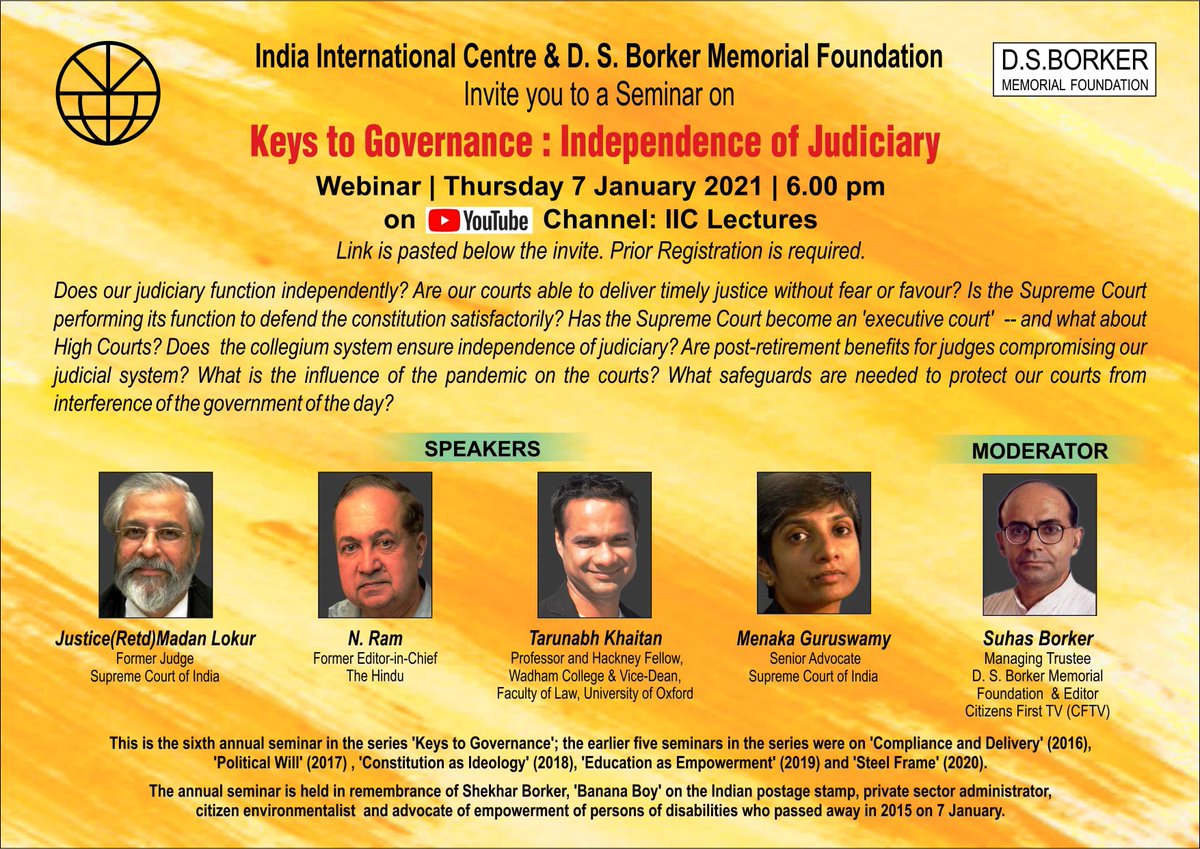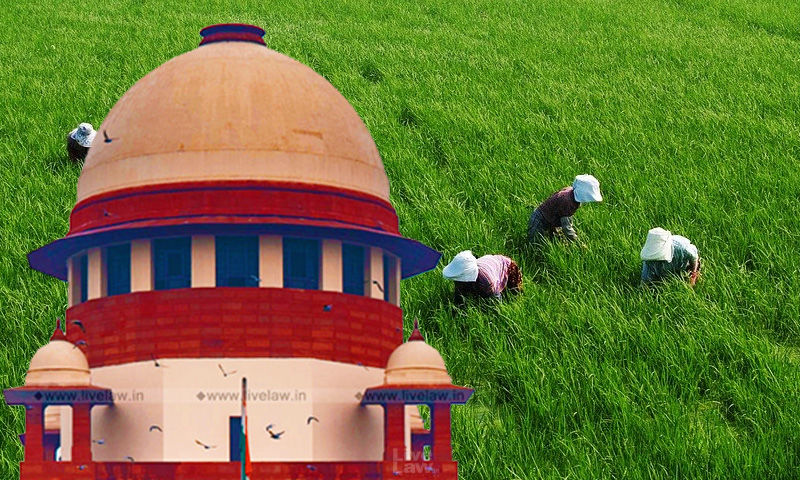https://t.co/wgbip9xefB
Supreme Court considers the suo moto case "IN RE: TO ISSUE CERTAIN GUIDELINES REGARDING INADEQUACIES AND DEFICIENCIES IN CRIMINAL TRIALS".
Sr Advs Siddharth Luthra and R Basant have submitted a draft rules on criminal practice.
https://t.co/wgbip9xefB
CJI : That is a separate issue. We have a case from Delhi today.
Luthra : That is item 20. I am appearing in that too.
CJI : No, you don't appear in that. We want you to be amicus in that case.
'The deficiencies in trials were found attributable to criminal rules of practice in force. So it was felt necessary to prepare draft rules which can be incorporated in existing rules'.
Notices were issued to Registrar Generals of High Courts, Chief Secretaries/Administrators of States/UTs and Advocate Generals for general consensus on draft rules.
A committee comprising Senior Advs R Basant, Siddharth Luthra and K Parameshwar was constituted to go into the issues after considering the existing rules of all the High Courts. The Committee submitted a report on draft rules.
This court has got responses only of High Courts of Andhra Pradesh, Telangana, Karnataka, Delhi and Allahabad to the draft criminal rules.
In such circumstances, we consider it necessary to call upon the High Courts to submit their reports within 2 weeks. In case HCs cannot do so, the Registrar General of the HC shall remain present in this court on the next hearing date
On failure to do so, the Registrar Generals of HCs must appear on next hearing date with necessary instructions.
Luthra : That was in the early stage. We are seeking response to the report submitted in March 2020.
CJI says that the copy of the report is available in the official website of the Supreme Court and may be accessed from there.
He submits this is response of CJI's suggestion to make him amicus in that case.
More from Live Law
More from India
People would always have several doubts on what to offer bhagwan in their daily puja. For some it will be a million dollar question of how to do an express puja yet a satisfying one.
Dakshina Neivedyas
— Hindu Media Wiki (@HinduMediaWiki) December 18, 2020
Havishyanna
Commonly called Ven Pongal / Kattu Pongali / Moong Dal Khichdi across states, this dish is very important in puja Niyamas. It holds highest rank in order of preferred Neivedya to Bhagwaan. This dish is considered as Golden Dish, as it looks so. pic.twitter.com/QK43q1Sxz6
Upachara - "उपचार"
Refers to the offerings and services made to Bhagwan as part of worship. In shastras there are a count of upachara pujas we do.
पांच उपचार पूजा - 5 Upacharas
षोडशोपचार पूजा - 16 "
चतुःषष्ट्युपचार पूजा - 64 "
Out of these panch is used for daily puja.
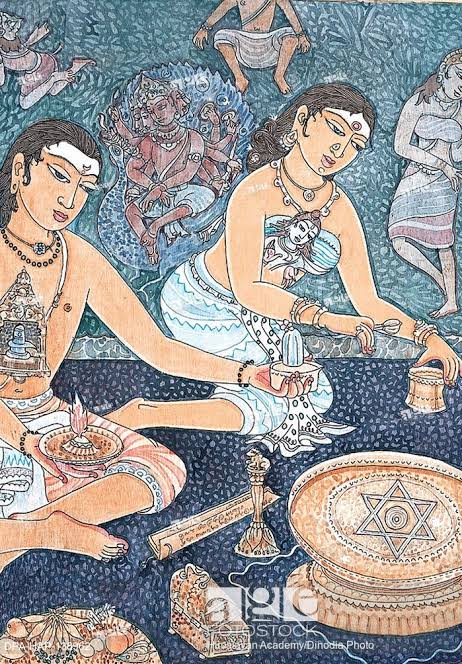
Some use 16 upachras who are well versed with the way of doing it Effortlessly and have abhishekam at home daily. 64 is exclusively for festivals and special vrat. One can choose to do 5 upacharas daily and finish your puja peacefully.
How to start your Puja ?
1. Shudhikaran & Aachaman
2. Bhootashudhi & Pranayam
3. Sankalp
4. Choice of Upachara Puja
5. Aarti
6. Pradakshina
7. Mantra Pushpam
8. Bhoomi Sashtanga/Panchanga Namaskaram
Major pujas steps one should ideally follow
Shudhikaran & Aachaman
After bath and dressing with (washed clothes only) should arrange their requirements for puja.
Take water separately for Aachaman and Puja. Water shouldn't be used from same paatra ideally. Perform Aachaman as per your practice & for beginners - YouTube
Thread:
Israel works to "Judaize" the entire area, treating the land as a resource chiefly meant to benefit the Jewish population. Jewish communities are established and developed, while Palestinians are dispossessed and corralled into small, crowded enclaves.https://t.co/DFU922lNvC pic.twitter.com/d36H8OVgdD
— B'Tselem \u05d1\u05e6\u05dc\u05dd \u0628\u062a\u0633\u064a\u0644\u0645 (@btselem) January 14, 2021
Starting with the West Bank, specifically Area C from which allegedly Palestinians are being systematically pushed into the enclaves of Areas A and B, and replaced by Jewish settlers. If so, we should've seen the demographic balance in Area C shift in the Jews' favor. Has it? /2
Well, there's no evidence for that, certainly none in the paper. Latest UN estimate is ~ 300k Palestinians in Area C in 2013, probably >3 times their number in 1995 when the area was delineated. Jewish population growth in the same area & period was slower or similar at 2.6%./3
While good population stats for Area C are unavailable, there are construction surveys based on aerial photos. Do they support Btselem's claim? Quite the contrary. At least one shows that in recent yrs the total Palestinian residential area expanded more than the Jewish one./4

The same analysis by @RegavimIsrael found that the number of Palestinian structures in Area C increased by 28,600 during 2009-2019, nearly doubling in one decade, far more than the 18,600 built in Jewish settlements in that period, according to official statistics. /5
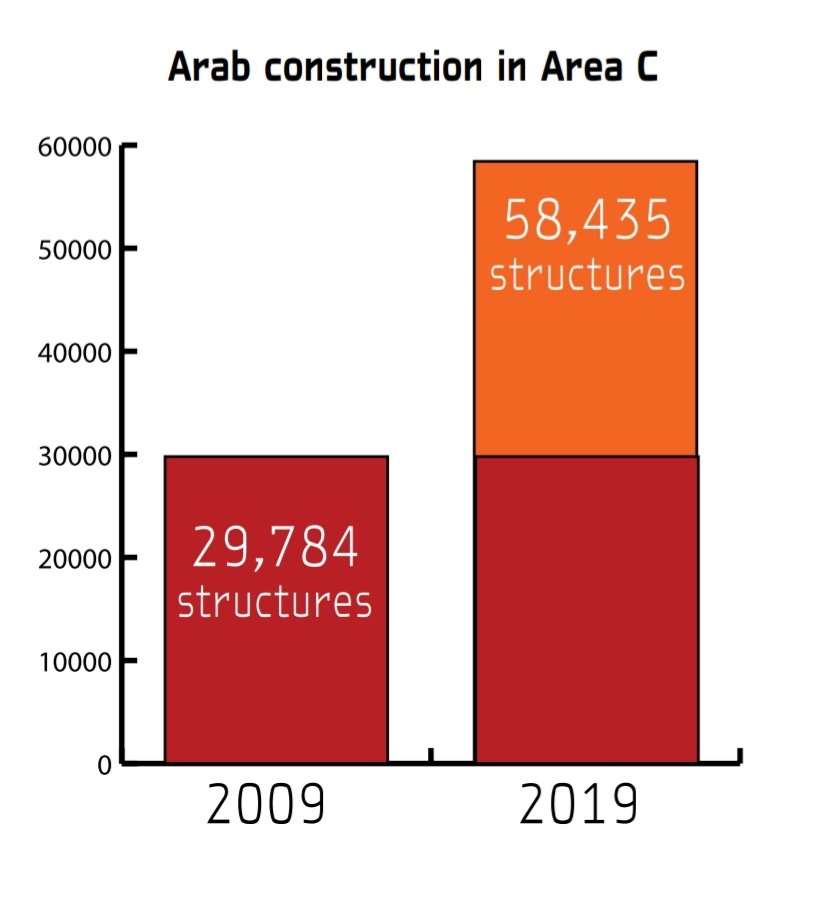
You May Also Like
If everyone was holding bitcoin on the old x86 in their parents basement, we would be finding a price bottom. The problem is the risk is all pooled at a few brokerages and a network of rotten exchanges with counter party risk that makes AIG circa 2008 look like a good credit.
— Greg Wester (@gwestr) November 25, 2018
The benign product is sovereign programmable money, which is historically a niche interest of folks with a relatively clustered set of beliefs about the state, the literary merit of Snow Crash, and the utility of gold to the modern economy.
This product has narrow appeal and, accordingly, is worth about as much as everything else on a 486 sitting in someone's basement is worth.
The other product is investment scams, which have approximately the best product market fit of anything produced by humans. In no age, in no country, in no city, at no level of sophistication do people consistently say "Actually I would prefer not to get money for nothing."
This product needs the exchanges like they need oxygen, because the value of it is directly tied to having payment rails to move real currency into the ecosystem and some jurisdictional and regulatory legerdemain to stay one step ahead of the banhammer.
A thread 👇
https://t.co/xj4js6shhy
Entrepreneur\u2019s mind.
— James Clear (@JamesClear) August 22, 2020
Athlete\u2019s body.
Artist\u2019s soul.
https://t.co/b81zoW6u1d
When you choose who to follow on Twitter, you are choosing your future thoughts.
— James Clear (@JamesClear) October 3, 2020
https://t.co/1147it02zs
Working on a problem reduces the fear of it.
— James Clear (@JamesClear) August 30, 2020
It\u2019s hard to fear a problem when you are making progress on it\u2014even if progress is imperfect and slow.
Action relieves anxiety.
https://t.co/A7XCU5fC2m
We often avoid taking action because we think "I need to learn more," but the best way to learn is often by taking action.
— James Clear (@JamesClear) September 23, 2020
Further Examination of the Motif near PRRA Reveals Close Structural Similarity to the SEB Superantigen as well as Sequence Similarities to Neurotoxins and a Viral SAg.
The insertion PRRA together with 7 sequentially preceding residues & succeeding R685 (conserved in β-CoVs) form a motif, Y674QTQTNSPRRAR685, homologous to those of neurotoxins from Ophiophagus (cobra) and Bungarus genera, as well as neurotoxin-like regions from three RABV strains
(20) (Fig. 2D). We further noticed that the same segment bears close similarity to the HIV-1 glycoprotein gp120 SAg motif F164 to V174.
https://t.co/EwwJOSa8RK
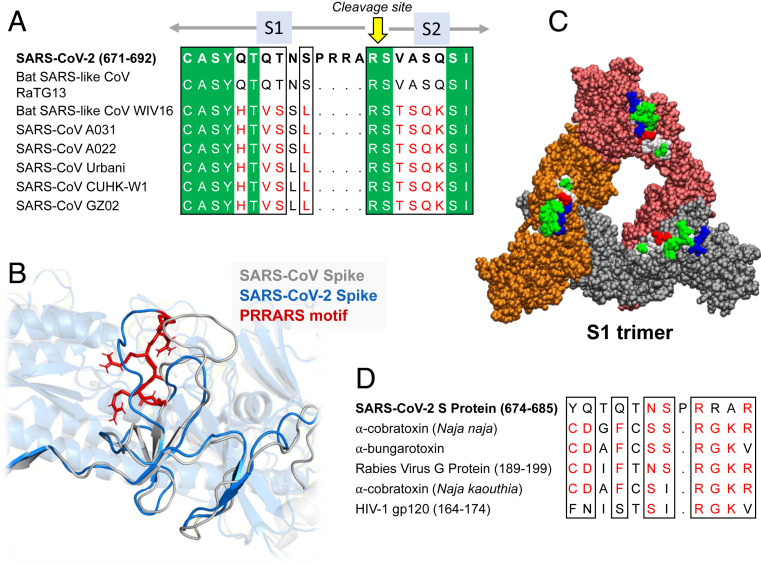
In (B), the segment S680PPRAR685 including the PRRA insert and highly conserved cleavage site *R685* is shown in van der Waals representation (black labels) and nearby CDR residues of the TCRVβ domain are labeled in blue/white
https://t.co/BsY8BAIzDa

Sequence Identity %
https://t.co/BsY8BAIzDa
Y674 - QTQTNSPRRA - R685
Similar to neurotoxins from Ophiophagus (cobra) & Bungarus genera & neurotoxin-like regions from three RABV strains
T678 - NSPRRA- R685
Superantigenic core, consistently aligned against bacterial or viral SAgs


